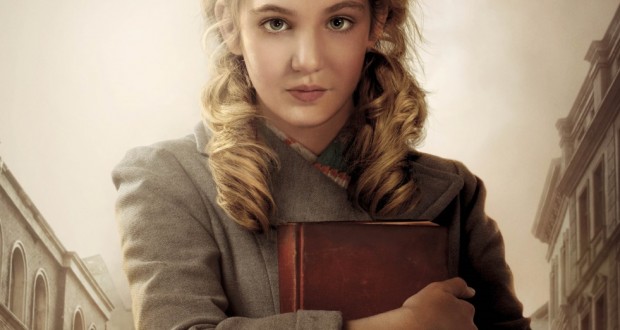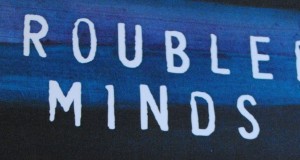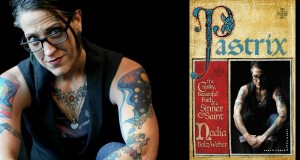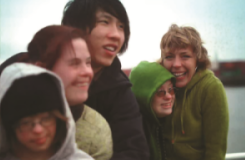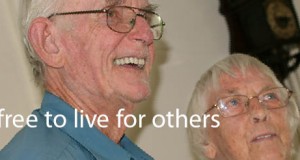The Book Thief, written by Sydney-based author Markus Zusak, is one of Australia’s most successful recent cultural exports. It is a story set in Nazi Germany, narrated by Death and follows a girl who loves to steal books. The film adaptation, directed by Brian Percival (best known for directing several episodes of Downton Abbey) is a mixed success, but still manages to capture much of what made the original novel so great.
Illiterate and newly orphaned, Leisel Memminger (Sophie Nélisse) is fostered by the Hubermanns (Geoffrey Rush and Emily Watson) after her birth mother is taken away by the Nazi regime for being a Communist. The Hubermanns are hardly a shining example of Nazi ideology however, and they shelter Max Vandenburg (Ben Schnetzer), a Jewish refugee, in their basement.
“In my religion we’re taught that every living thing, every leaf, every bird is only alive because it contains the secret word for life. That’s the only difference between us and a lump of clay. A word. Words are life,” Max tells Leisel.
Life and death are inseparable in this world strangled by an all-controlling social dogma. But life, often in the form of words, springs from unexpected places. Death narrates the film, breathing life into the story with his words; Leisel learns to read by studying The Gravedigger’s Handbook with her foster father; an air raid siren, which causes the residents on Leisel’s street to flee underground for their lives, gives Max an opportunity to rise from his basement and once again see the stars.
Death and destruction deliver opportunities for new life to emerge—which comes as no surprise to those familiar with the biblical narrative.
Unfortunately, The Book Thief is let down by awkward moments. The narrative feels slightly bloated; for example, Leisel’s father is conscripted off to war, then returns a few on-screen minutes later, seemingly for no reason. Most disappointingly, Death’s narration never quite rings true on screen, which was part of what gave the original novel its power and charm, prompting the film adaptation in the first place.
The Book Thief is a flawed masterpiece. With such superb performances by everyone on screen, audiences will surely be moved by this film. It’s doubtless the story of Liesel Memminger has taken its place in Australian literary history, but the film, sadly, does not reach the same heights of greatness.
Rohan Salmond
Cross-platform editor
 JourneyOnline
JourneyOnline
